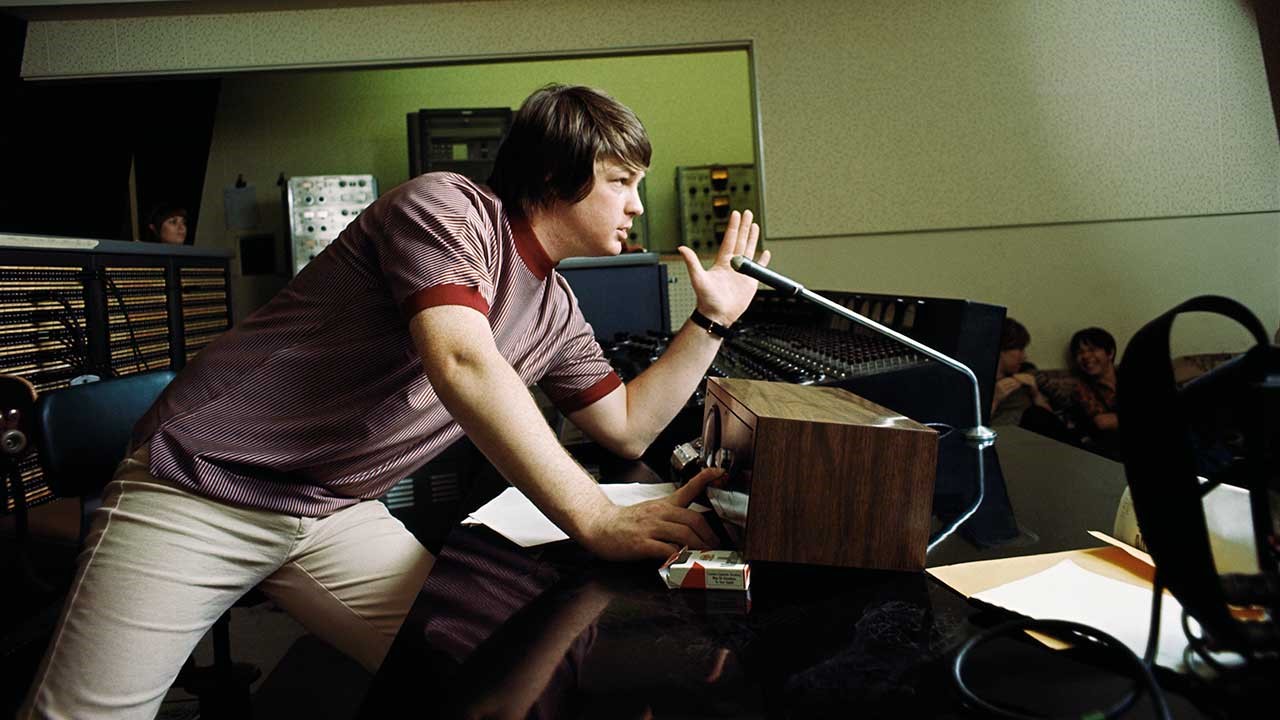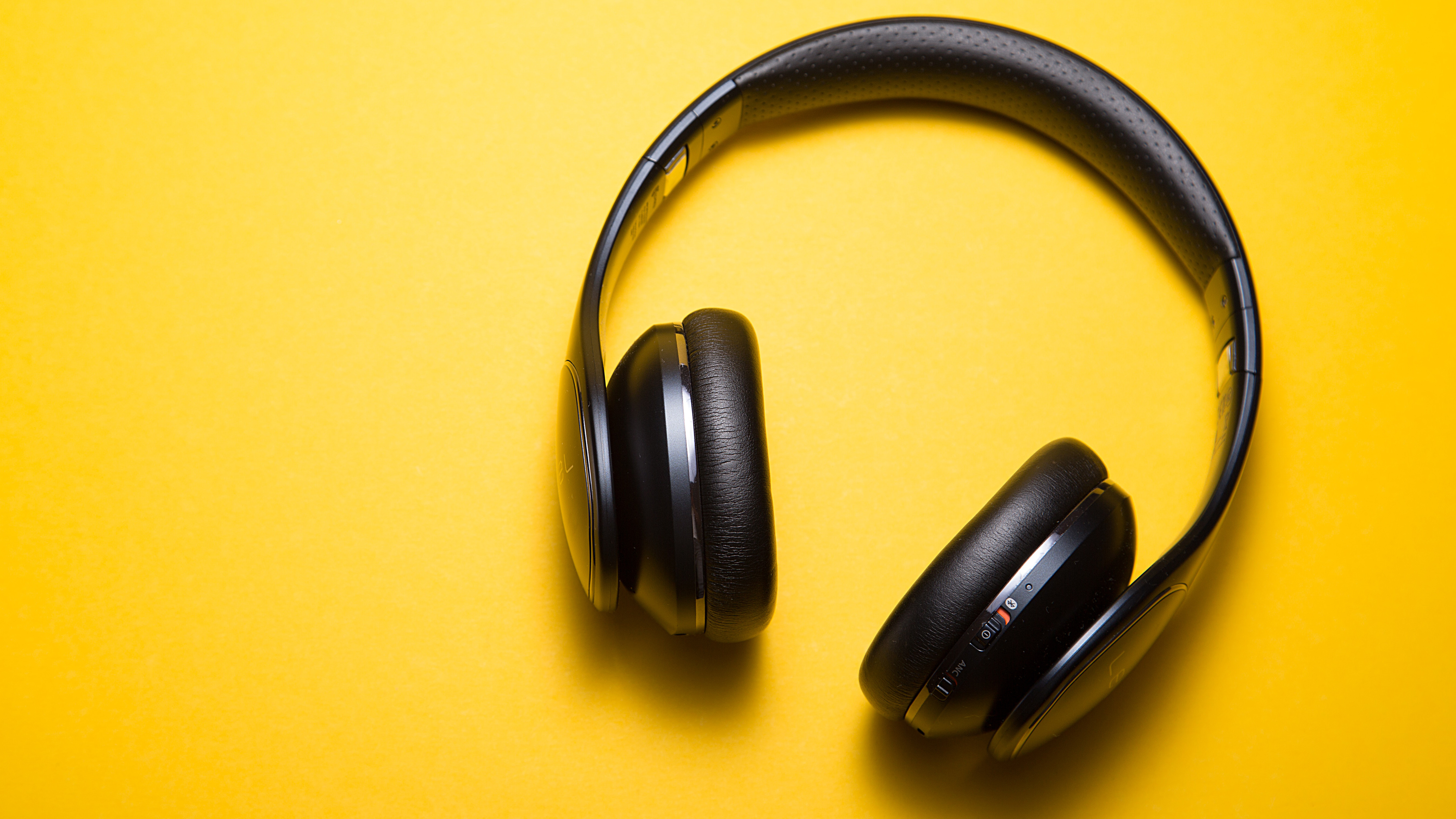
/different-types-of-music-files-3134920-b0ff4fab7a9e441ba792f8d9f7c58615.png)
- #HOW DO HD MOVIE AUDIO TRACKS DIFFER FROM THEIR ANALOGUE FOR MAC#
- #HOW DO HD MOVIE AUDIO TRACKS DIFFER FROM THEIR ANALOGUE MAC#
- #HOW DO HD MOVIE AUDIO TRACKS DIFFER FROM THEIR ANALOGUE WINDOWS#
Actually, it's not even a compression format. In fact, it's the standard audio compression method used by YouTube, Android, iOS, iTunes, later Nintendo portables, and later PlayStations. The compression algorithm used by AAC is much more advanced and technical than MP3, so when you compare the same recording in MP3 and AAC formats at the same bitrates, the AAC one will generally have better sound quality.Įven though MP3 is more of a household format, AAC is still widely used today. It was developed in 1997 as the successor to MP3, and while it did catch on as a popular audio format, it never really overtook MP3 as the most popular. Note: MP3 is not the same as MP4! Audio File Format: AACĪAC stands for Advanced Audio Coding. When you need universal, MP3 will never let you down, which is why it's one of the world's most popular audio file formats. Nearly every digital device in the world with audio playback can read and play MP3 files, whether we're talking PCs, Macs, Androids, iPhones, Smart TVs, or whatever else.

To compress all other audio data as efficiently as possible. To reduce the quality of sounds that aren't easy to hear. To drop all the sound data that exists beyond the hearing range of normal people. There's a reason why we had "MP3 players" but not "OGG players"! It was released back in 1993 and exploded in popularity, eventually becoming the most popular audio format in the world for music files. But when it's done well, you won't be able to hear the difference. When it's done poorly, you'll hear artifacts and other weirdnesses in the audio. In other words, lossy compression means sacrificing sound quality and audio fidelity for smaller file sizes. Lossy compression is when some data is lost during the compression process-and compression is important because uncompressed audio takes up lots of disk space. Related: Can Your Ears Detect Lossless Audio? Take This Test to Find Out.
#HOW DO HD MOVIE AUDIO TRACKS DIFFER FROM THEIR ANALOGUE WINDOWS#
However, Windows systems can usually open AIFF files without any issues.
#HOW DO HD MOVIE AUDIO TRACKS DIFFER FROM THEIR ANALOGUE MAC#
The AIFF file is just a wrapper for the PCM encoding, making it more suitable for use on Mac systems. Most AIFF files contain uncompressed audio in PCM format. For example, there is a compressed version called AIFF-C and another version called Apple Loops used by GarageBand and Logic Audio.
#HOW DO HD MOVIE AUDIO TRACKS DIFFER FROM THEIR ANALOGUE FOR MAC#
Similar to how Microsoft and IBM developed WAV for Windows, AIFF is an audio file format developed by Apple for Mac systems back in 1988.Īlso similar to WAV files, AIFF files can contain multiple kinds of audio formats. Audio File Format: AIFFĪIFF stands for Audio Interchange File Format. However, Mac systems can usually open WAV files without any issues. The WAV file is just a wrapper for the PCM encoding, making it more suitable for use on Windows systems. Most WAV files contain uncompressed audio in PCM format. This means that a WAV file could potentially contain compressed audio, but it's rarely used for that. WAV is a Windows container for different audio formats. It's a standard that was developed by Microsoft and IBM back in 1991.Ī lot of people assume that all WAV files are uncompressed audio files, but that's not exactly true.

WAV stands for Waveform Audio File Format (also called Audio for Windows at some point but not anymore). LPCM is the most common form of PCM, which is why the two terms are almost interchangeable at this point. There is a subtype of PCM called Linear Pulse-Code Modulation, where samples are taken at linear intervals. PCM is the most common audio format used in CDs and DVDs. The digital recording is a close-to-exact representation of analog sound. This digital audio format has a "sampling rate" (how often a sample is made) and a "bit depth" (how many bits are used to represent each sample). To convert a waveform into digital bits, the sound must be sampled and recorded at certain intervals (or pulses). PCM stands for Pulse-Code Modulation, a digital representation of raw analog audio signals.

As a result, uncompressed audio files tend to be the most accurate but take up a LOT of disk space-about 34 MB per minute for 24-bit 96KHz stereo. Uncompressed audio consists of real sound waves that have been captured and converted to digital format without any further processing. Once you know what the categories mean, you can just pick a format within the category that best suits your needs. It's quite simple once you realize that all audio formats fall into three major categories. And while we may all be familiar with MP3, what about AAC, FLAC, OGG, or WMA? Why do so many audio standards exist? Is there a best audio format? Which ones are important, and which ones can you ignore?


 0 kommentar(er)
0 kommentar(er)
